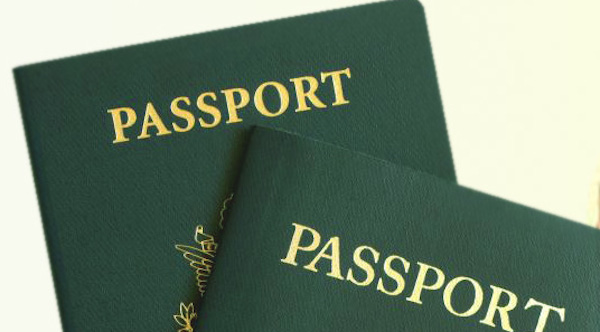Nigerian passport climbs nine places in global ranking
The Nigerian passport has risen nine places in the latest global passport ranking.
In the recently released Henley Passport Index for Q2 2023, the Nigerian passport rose from its previous 100th position to 91st among the 199 countries and 227 travel destinations studied.
The Henley Passport Index assesses the strength of world passports based on the number of destinations its holders can access without a prior visa.
The latest ranking indicates improved global access for Nigerians. However, the number of countries accessible without visas or with visa-on-arrival remained at 46.
Findings by our correspondent indicated that the new standing might not reflect real improvement in passport strength but a consequence of other countries losing their earlier rating.
As of June 2022, travellers with Nigerian passports can only traverse 25 countries visa-free.
However, that number rises to 45 destinations when visa-on-arrival or e-visa programmes are added.
Nonetheless, the Nigerian passport ranked as the least powerful amongst the 15 countries in the Economic Community of West African States.
The index showed The Gambia, leading the ECOWAS, ranked 72nd, Sierra Leone at 74th, Cabo Verde at 75th, Ghana at 76th, Benin at 78th, Burkina Faso and Ivory Coast at 79th, Guinea at 80th, Senegal and Togo at 81st, Niger at 82nd, Mali and Guinea Bissau at 83rd, Liberia at 87th and Nigeria at 91st.
According to the CEO of Henley & Partners, Dr Juerg Steffen, a fall or improvement in ranking results from several factors, including reciprocity, economic and sociopolitical stability and tourism.
Ogbole Amedu-Ode is a former Nigerian Ambassador to Singapore. He told our correspondent that an assertive and consistent implementation of Nigeria’s war on drugs and cybercrime would mend the country’s reputation in the global community.
He said, “The offshoot of drug-related crime perpetrated by Nigerians abroad and a low-performing economy has brought us here.
“So, what can we do is strengthen our moral fibre by rigorously implementing regulations that shore up our standing globally.
“We must also ensure that the economy bounces back and becomes robust so well that our people are not voting with their feet. When fewer citizens indulge in criminal activities across international boundaries, and with these other steps I have mentioned, I think we will bounce back. Anything short of this will be a waste of our time.”
Meanwhile, the Public Relations Officer of the Nigeria Immigration Service, Anthony Akuneme, said more beneficial bilateral agreements with more countries could open doors for Nigerians.
Echoing the observations by Steffen, he said, “It is a function of reciprocity. If one country agrees that my citizens can come without needing a visa, I, too, will extend the same gesture to them.”


